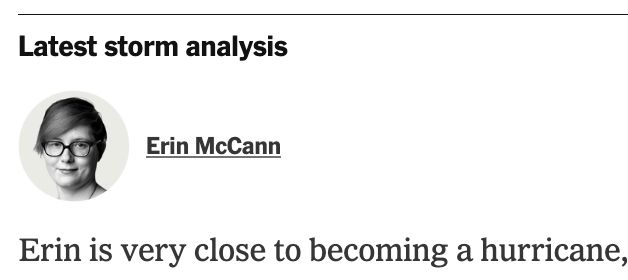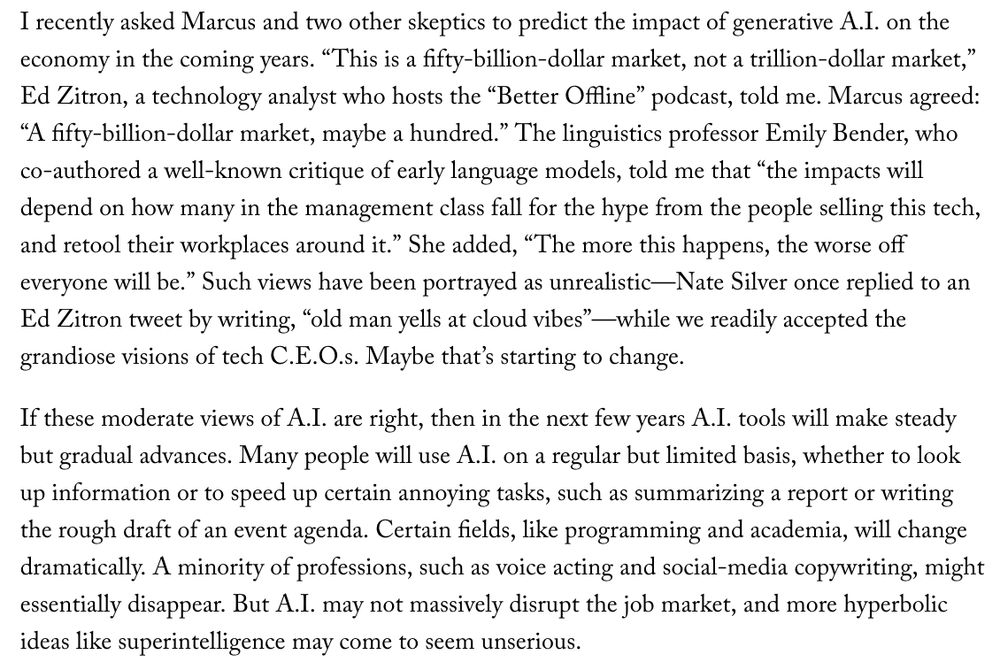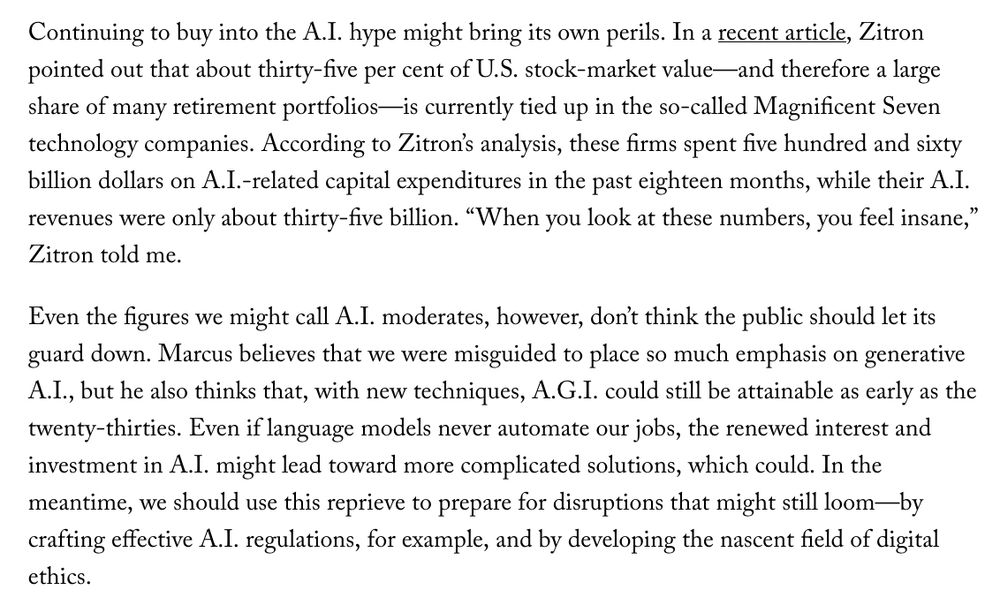Kevin Schoenmakers
@kevinschoenmakers.bsky.social
450 followers
390 following
46 posts
Freelance reporter and editor in New York City // Formerly at Rest of World, ANP, Sixth Tone // [email protected] // 宋楷文
Posts
Media
Videos
Starter Packs
Reposted by Kevin Schoenmakers
Reposted by Kevin Schoenmakers
Reposted by Kevin Schoenmakers
Reposted by Kevin Schoenmakers
Reposted by Kevin Schoenmakers
Reposted by Kevin Schoenmakers
Reposted by Kevin Schoenmakers
Meduza in English
@meduza.io
· 21d

‘Vladimir Putin is responsible for the murder of my husband’ Navalny’s team obtained evidence he was poisoned in Arctic prison, widow says — Meduza
After Russian opposition leader Alexey Navalny died in a prison in Kharp, in Russia’s Far North, on February 16, 2024, his team managed to secure samples of his biological material and send them…
meduza.io
Reposted by Kevin Schoenmakers
Reposted by Kevin Schoenmakers
BeijingPalmer
@beijingpalmer.bsky.social
· Aug 30
Reposted by Kevin Schoenmakers
Reposted by Kevin Schoenmakers
Reposted by Kevin Schoenmakers
Alexander Boyd
@alexludoboyd.bsky.social
· Aug 19
Reposted by Kevin Schoenmakers
Reposted by Kevin Schoenmakers
Reposted by Kevin Schoenmakers
Reposted by Kevin Schoenmakers

















